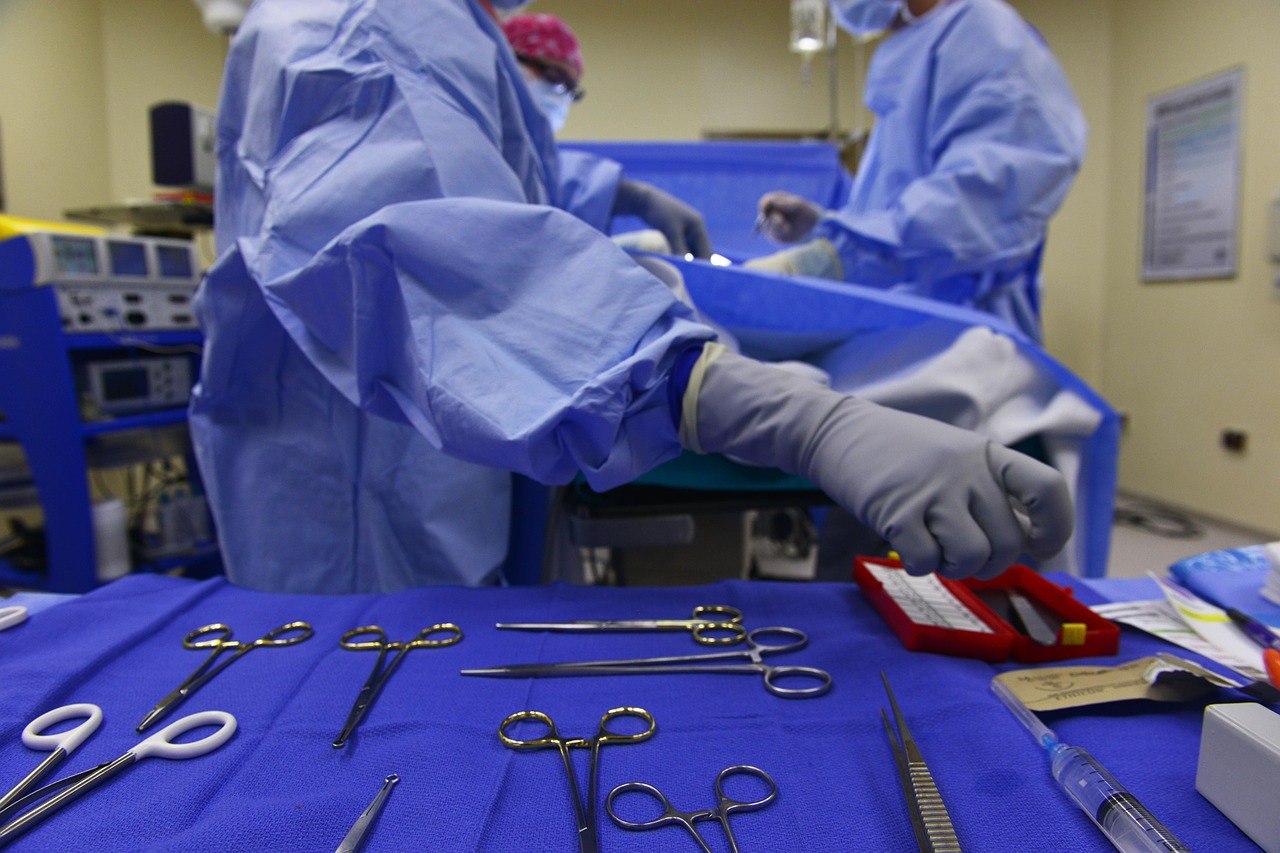
Researchers at the University of Waterloo has developed a self-powered sensor could allow doctors to remotely monitor the recovery of surgical patients. According to the recent study published in the journal Sensors and Actuators A: Physical, the small, tube-like device is designed to be fitted to braces after joint surgery to wirelessly send information to computers, smartphones or smartwatches to track the range of motion and other indicators of improvement.
The sensor was developed by Hassan Askari, an engineering doctoral candidate at Waterloo collaborated at Waterloo with fellow Ph.D. student Ehsan Asadi, and engineering professors Amir Khajepour and Mir Behrad Khamesee, as well as doctoral student Zia Saadatnia and professor Jean Zu at the University of Toronto.
The same sensor could also be used in a variety of other ways, including in the tires of autonomous vehicles to detect and respond to icy roads. A prototype built and tested by the researchers combines electromagnetism and triboelectricity, a relatively new energy harvesting technique that involves bringing different materials together to produce current.
When bent or twisted, the device generates enough electricity for sensing and powering electronic circuits for processing and wireless signal transmission.
“The aim was to develop a sensor that works without having a battery attached to it,” said Askari. “It is its own power source.”
That makes the device well-suited for applications that put a premium on reliability and where it would be difficult or expensive to replace worn-out batteries.
Askari estimated the sensors – about six centimeters long and one centimeter wide – could be commercially manufactured for $5 to $10 each.
Research is now focused on making them smaller and more sensitive using triboelectricity alone. The software is also being developed to process signals for the tire application. When attached to the inside of tires, they could sense changing road conditions and instantly send information to control systems to enable self-driving vehicles to make adjustments.
“That data would be continuously collected, so it would be as though the physician or physiotherapist was always there, always observing the patient,” said Hassan Askari, an engineering doctoral candidate at Waterloo.
“Based on the forces, the interaction between the road and the tires, we could actually detect ice or rain,” said Askari. “That is extremely important information for autonomous driving.”
